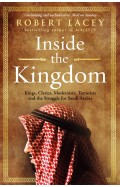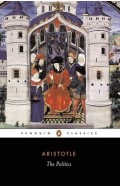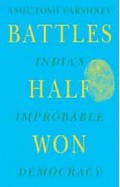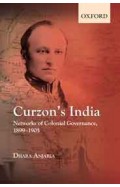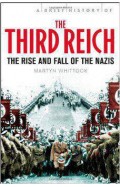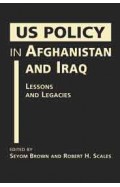- Home
- Books
- Categories
- Non Fiction
- Politics & Current Affairs
- Populism - Before and After the Pandemic
Populism - Before and After the Pandemic
By: Michael Burleigh
-
Rs 3,235.50
- Rs 3,595.00
- 10%
You save Rs 359.50.
Due to constant currency fluctuation, prices are subject to change with or without notice.
The Best of Times, The Worst of Times: A History of Now
By: Michael Burleigh
Rs 2,307.25 Rs 4,195.00 Ex Tax :Rs 2,307.25
Populism - Before and After the Pandemic
By: Michael Burleigh
Rs 3,235.50 Rs 3,595.00 Ex Tax :Rs 3,235.50
Zubin Mehta: A Musical Journey (An Authorized Biography)
By: VOID - Bakhtiar K. Dadabhoy
Rs 472.50 Rs 1,050.00 Ex Tax :Rs 472.50
Steve Jobs : The Exclusive Biography
By: Walter Isaacson
Rs 2,785.50 Rs 3,095.00 Ex Tax :Rs 2,785.50
Messy How to Be Creative and Resilient in a Tidy-Minded World
By: Tim Harford
Rs 1,372.25 Rs 2,495.00 Ex Tax :Rs 1,372.25
The Great Imperial Hangover : How Empires Have Shaped the World
By: Samir Puri
Rs 1,751.75 Rs 2,695.00 Ex Tax :Rs 1,751.75
How to Make the World Add Up: Ten Rules for Thinking Differently About Numbers
By: Tim Harford
Rs 1,426.75 Rs 2,195.00 Ex Tax :Rs 1,426.75
The Origins of Political Order From Prehuman Times to the French RevolutioN
By: Francis Fukuyama
Rs 3,505.50 Rs 3,895.00 Ex Tax :Rs 3,505.50
Battles Half Won : Indias Improbable Democracy
By: Ashutosh Varshney
Rs 2,726.75 Rs 4,195.00 Ex Tax :Rs 2,726.75
Curzon's India: Networks of Colonial Governance, 1899-1905
By: Dhara Anjaria
Rs 895.50 Rs 995.00 Ex Tax :Rs 895.50
A Brief History of The Third Reich: The Rise and Fall of the Nazis - Paperback
By: Martyn Whittock
Rs 1,795.50 Rs 1,995.00 Ex Tax :Rs 1,795.50
US Policy in Afghanistan and Iraq
By: Seyom Brown & Robert H. Scales
Rs 2,515.50 Rs 2,795.00 Ex Tax :Rs 2,515.50
The Peacemakers: India and the Quest for One World
By: Manu Bhagwan
Rs 552.50 Rs 850.00 Ex Tax :Rs 552.50
Steve Jobs : The Exclusive Biography
By: Walter Isaacson
Rs 2,785.50 Rs 3,095.00 Ex Tax :Rs 2,785.50
Messy How to Be Creative and Resilient in a Tidy-Minded World
By: Tim Harford
Rs 1,372.25 Rs 2,495.00 Ex Tax :Rs 1,372.25
The Great Imperial Hangover : How Empires Have Shaped the World
By: Samir Puri
Rs 1,751.75 Rs 2,695.00 Ex Tax :Rs 1,751.75
How to Make the World Add Up: Ten Rules for Thinking Differently About Numbers
By: Tim Harford
Rs 1,426.75 Rs 2,195.00 Ex Tax :Rs 1,426.75
No recently viewed books available at the moment.
Zubin Mehta: A Musical Journey (An Authorized Biography)
By: VOID - Bakhtiar K. Dadabhoy
Rs 472.50 Rs 1,050.00 Ex Tax :Rs 472.50
The Best of Times, The Worst of Times: A History of Now
By: Michael Burleigh
Rs 2,307.25 Rs 4,195.00 Ex Tax :Rs 2,307.25
Populism - Before and After the Pandemic
By: Michael Burleigh
Rs 3,235.50 Rs 3,595.00 Ex Tax :Rs 3,235.50
Steve Jobs : The Exclusive Biography
By: Walter Isaacson
Rs 2,785.50 Rs 3,095.00 Ex Tax :Rs 2,785.50
Messy How to Be Creative and Resilient in a Tidy-Minded World
By: Tim Harford
Rs 1,372.25 Rs 2,495.00 Ex Tax :Rs 1,372.25
The Great Imperial Hangover : How Empires Have Shaped the World
By: Samir Puri
Rs 1,751.75 Rs 2,695.00 Ex Tax :Rs 1,751.75
How to Make the World Add Up: Ten Rules for Thinking Differently About Numbers
By: Tim Harford
Rs 1,426.75 Rs 2,195.00 Ex Tax :Rs 1,426.75












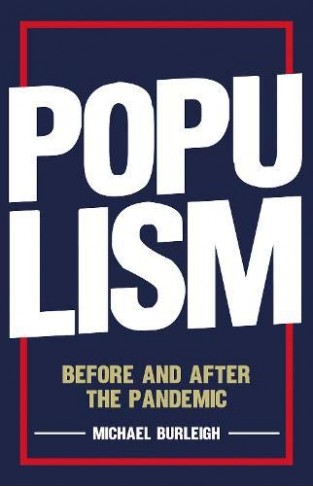
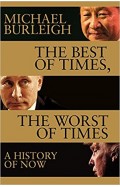

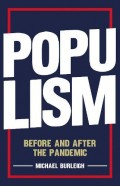
-120x187.jpg?q6)





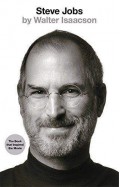
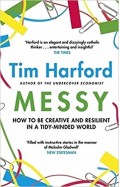

-120x187.jpg?q6)
-120x187.jpg?q6)
